Faja Belt Llallawa Grande

By A Mystery Man Writer
Faja from Llallawa, province of Rafael Bustillo in Potosi. Llallawa textiles are characterized by framing the pallay in small squares that are reminiscent of Inca designs. These designs display a wide range of iconagraphy that represent the modern daily life as well as traditional repertoire. Modern icons such as, planes, trains, automobiles, helicopters and bicycles, are woven together with birds, vizcachas, mythical animals dating back to the Incas, the 8 sided star and baroque gardlands found in colonial paintings.The faja is worn by women, men and children. They are called chumpi in Quechua and huaka in Aymara.
Faja from Llallawa, province of Rafael Bustillo in Potosi. Llallawa textiles are characterized by framing the pallay in small squares that are reminiscent of Inca designs. These designs display a wide range of iconagraphy that represent the modern daily life as well as traditional repertoire. Modern icons such as, planes, trains, automobiles, helicopters and bicycles, are woven together with birds, vizcachas, mythical animals dating back to the Incas, the 8 sided star and baroque gardlands found in colonial paintings.The faja is worn by women, men and children. They are called chumpi in Quechua and huaka in Aymara.

Mexican Woven Belt / Faja
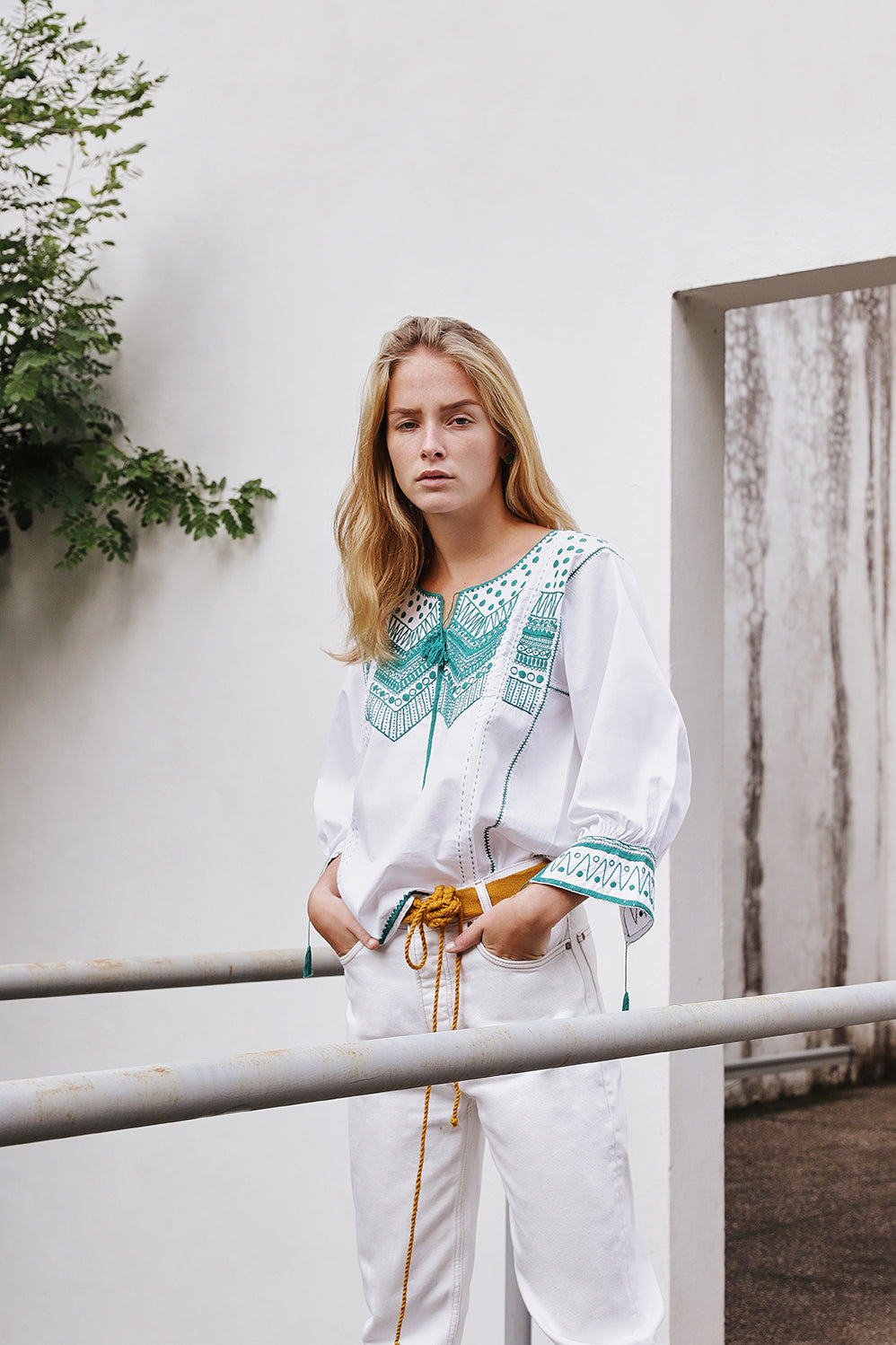
THE GOLD FAJA BELT

Faja Belt Macha
Woven cord belt made from recycled fibers

Faja Belt - Coco

Faja Belt Llallawa Grande

Faja Belt Macha

Faja Belt Llallawa Grande

Mexican Woven Belt / Faja

Wide Belt Faja - Multicolor Grey – Threads of Peru
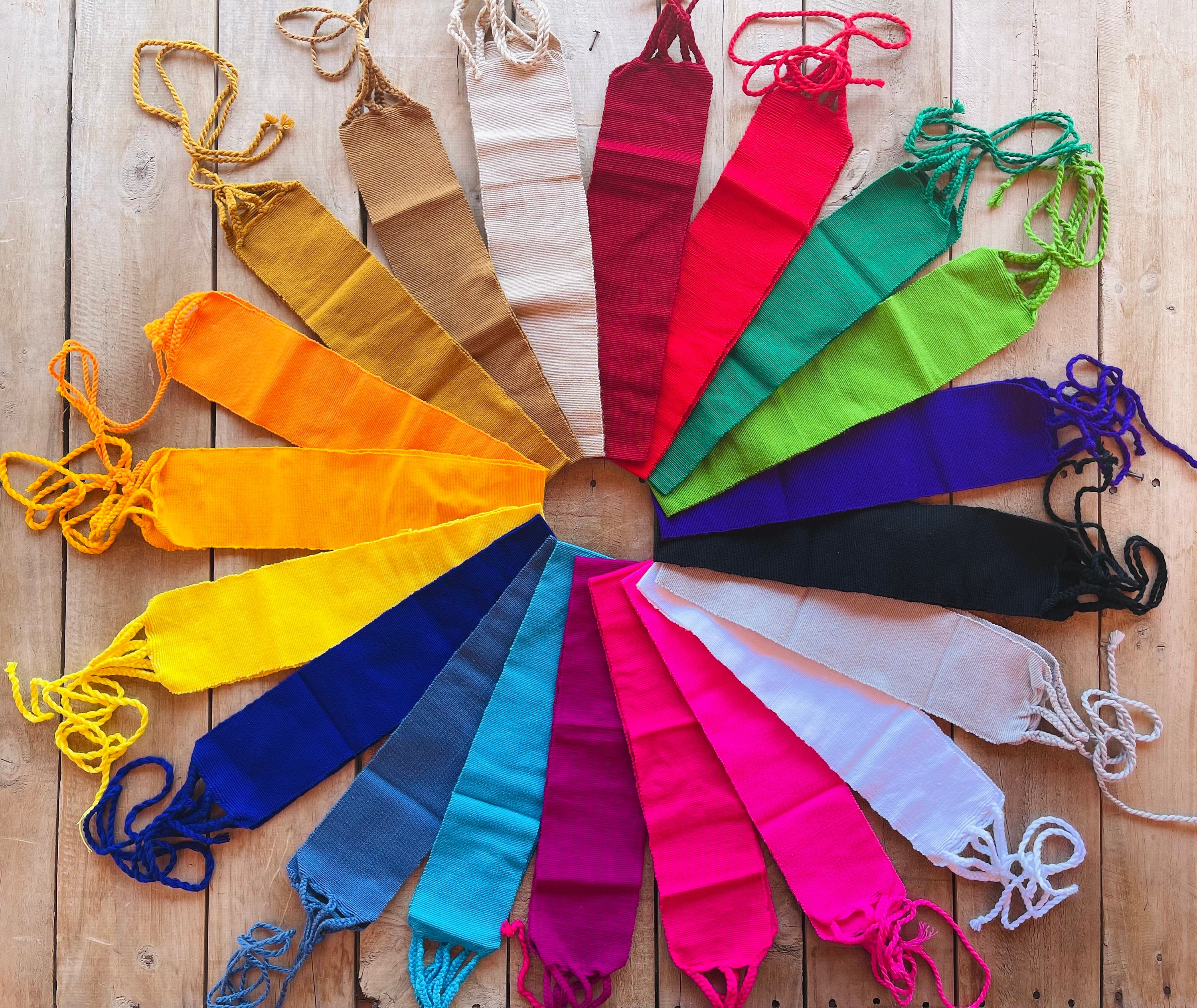
Faja Belt
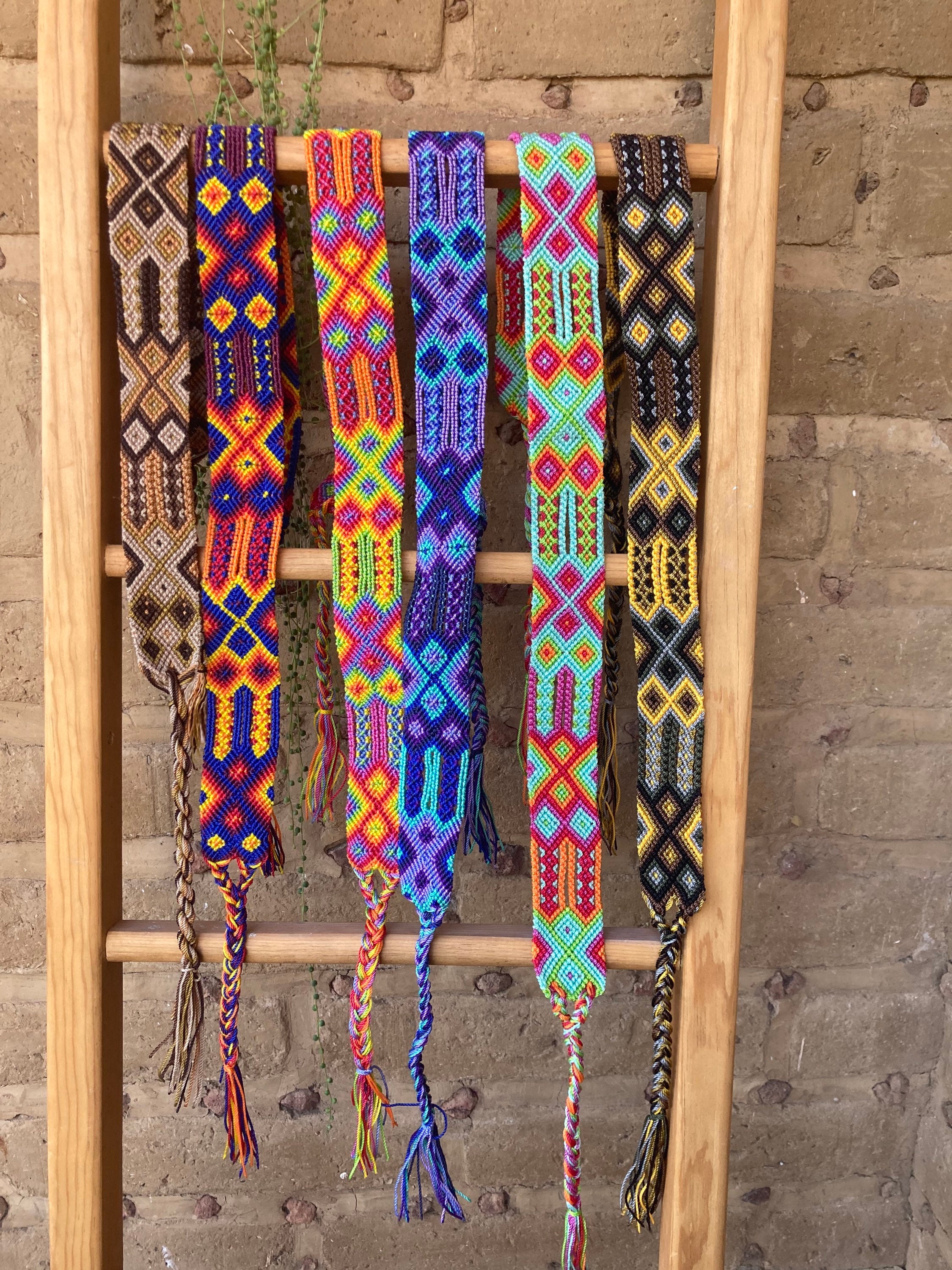
Faja Belt

Red Mexican Woven Belt / Faja
- Mens Faja Cysm Fit T'Shirt Camiseta Six Pack Flat Abdominal Boost Vest Posture

- Faja Men's Torso Toner Body Camisilla Shaper Vest Posture Abs

- Premium Colombian Shapewear Vest High Abdomen Compression Shirt

- Gynecomastia Compression Shirts For Men, Tank Top Body Shaper, Fajas Para Hombres, Mens Slimming Undershirt Belly Shirt Sleeveless 2XL Beige

- Fajate Men's Thermal Shirt - Fajas Reductoras Colombianas Para

- Samickarr Minimizer Front Closure Bras For Women Full Coverage
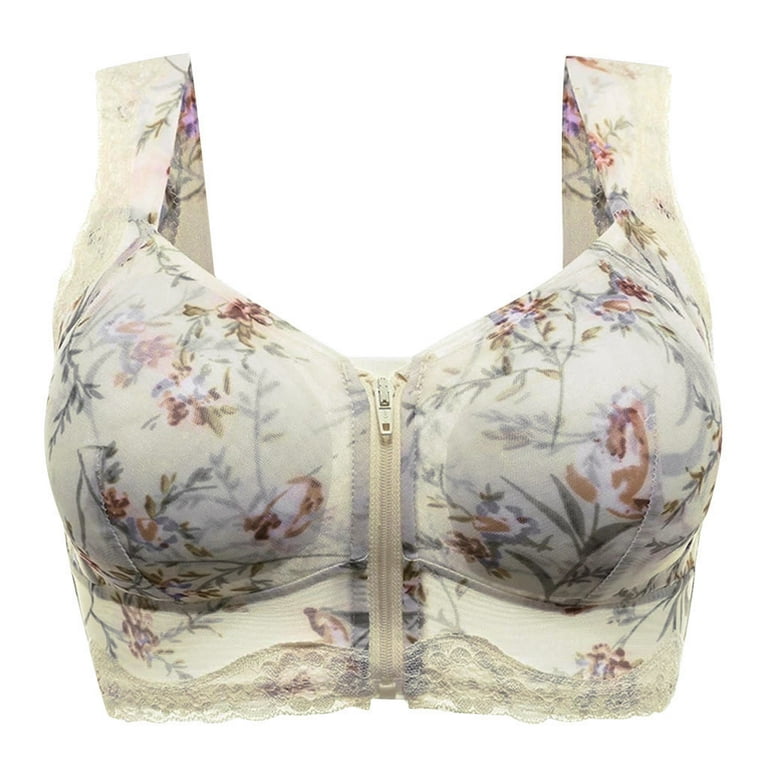
- Bethany logo leather belt bag, Coach
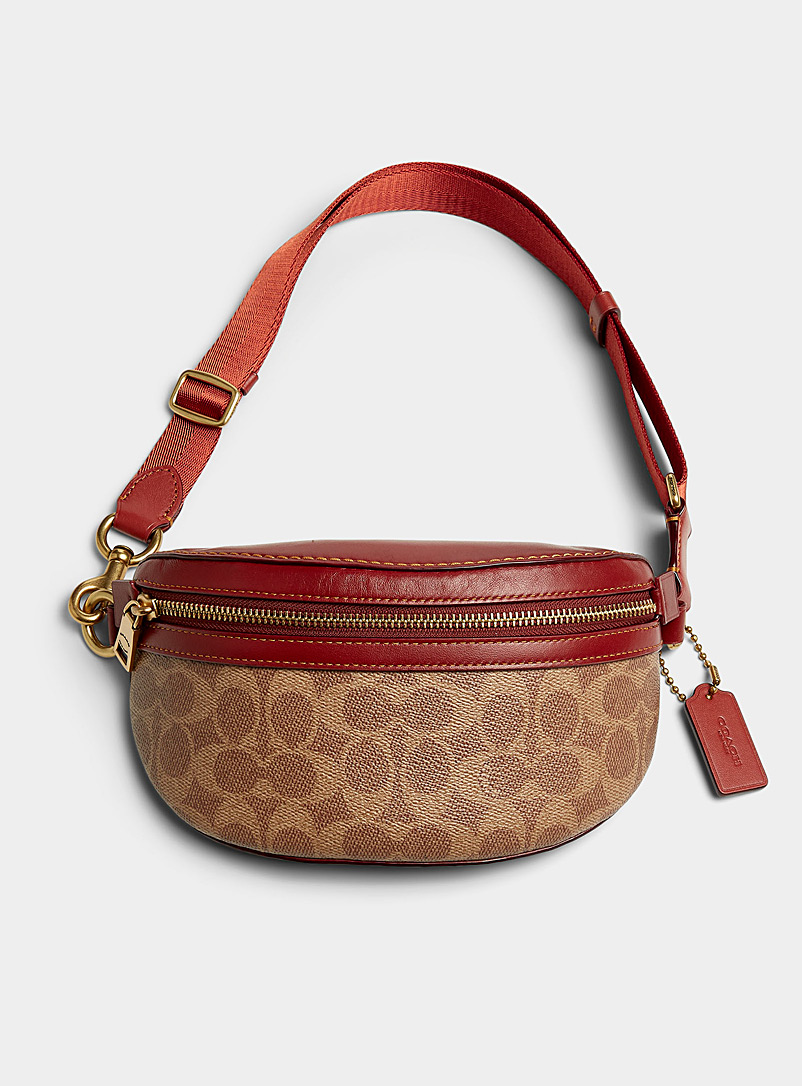
- Should men wear tight underwear or loose underwear? - Quora
- Breaking Boundaries: A Deep Dive into the Global Sports Bra Market

- FULLSOFT 3 Pack Sweatpants for Women-Womens Joggers with Pockets Athletic Leggings for Workout Yoga Running
